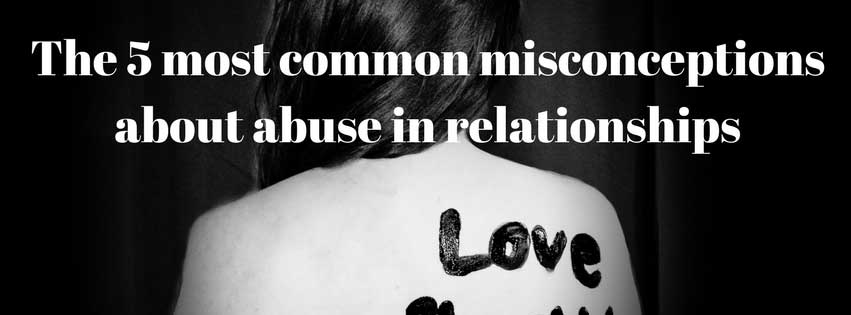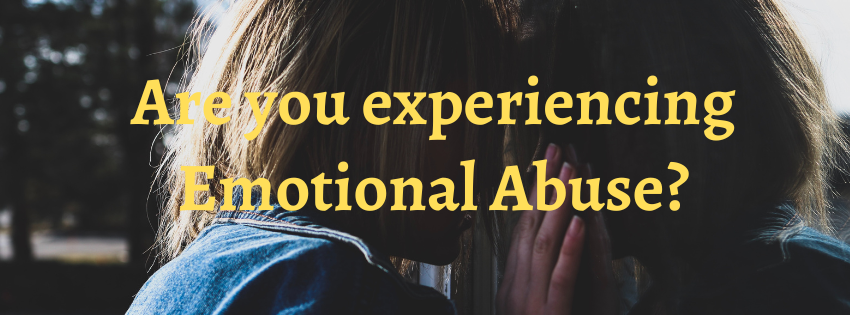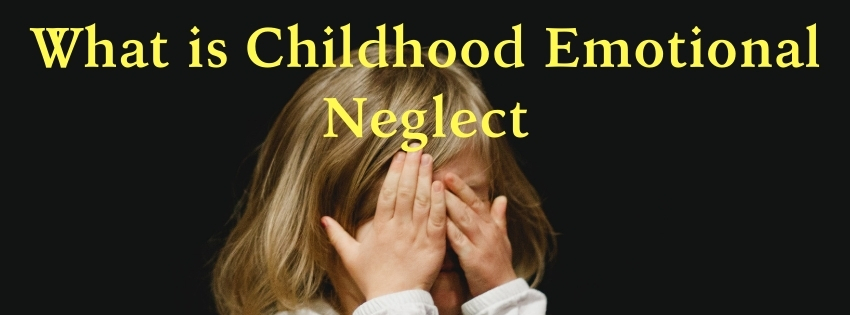Emotional abuse can have a profound impact on women and leave deep scars that last…

The 5 Most Common Misconceptions About Abuse in Relationships
While there has been a lot more information and discussions on domestic violence and abuse in relationships in the last few years, there are still a plethora of myths and misconceptions that persist, including in the helping professions. Below are five of the most common beliefs I have heard from clients but also repeated in the media and everyday conversations.
1. My partner has an anger management problem and this is why they treat me badly
Do they get angry with their boss in the same way? Do they explode in public in front of other people? Or is their anger management problem only when it is the two of you in private? An abusive partner never abuses because of an inability to control their emotions. They do, however, make a conscious decision to choose to not control their anger with their partner.
One client described an event when her partner became enraged that she hadn’t cooked his dinner according to his standards and in his outburst he threw the plate at the wall. In this instance it wasn’t his inability to control his anger that guided him, but his unwillingness to control it and his sense of entitlement that gave rise to it.
When people assume that anger causes abuse, they are confusing cause and effect. Abusers carry certain beliefs that produce fury and they believe that they are entitled to unleash that fury on you.
2. He had a difficult childhood/ was abused in the past and this still impacts him
While it is true that many abusive partners have been mistreated themselves as children, there is absolutely no research to suggest that a difficult childhood creates an abusive person. It is possible, however, that an abusive person may use their childhood suffering to escape responsibility for their behaviour and a partner (and the wider public) can well buy into this story. The bottom line is: An explanation for abuse is not, and should never be, an excuse for it.
3. They have been cheated/mistreated in the past so their jealousy and suspicion is justified
The abusive and controlling partner can draw a rich set of excuses from their past relationships. I worked with a young woman who had a very jealous partner that wanted to know exactly who she was seeing every time she went out in the evenings and made clear his displeasure on these occasions. One day when she came home he had worked himself up into an angry state because he had been imagining her cheating on him and he physically attacked her. Later, when he apologised, he explained to her that his ex-wife had cheated on him and this had hurt him so much that he now found it difficult to trust women.
It never made a difference how hard my client tried to show him that she had no intentions or desire to be with anyone else. She thought that she wasn’t persuasive or clear enough and kept trying harder and harder, believing that his past wounds prevented him from trusting her loyalty. She was never going to convince him, however, because it wasn’t really reassurance of her faithfulness that he was really after. What he wanted was to have control over her and his past history gave him the perfect excuse to exercise it.
4. He didn’t mean to do that, he just lost control
An abuser’s core problem is that he has a distorted sense of what’s right and wrong. In other words, when a partner hits you or harms you and this happens repeatedly, they do it because they feel justified to control and abuse you. Even physically violent people can show great restraint and self-control. In an all too common scenario, when police show up at a house call for a domestic dispute, the abuser will greet them in a calm and collected manner, having restored a presentable persona when he needs to.
5. But he has never hit me/been physically abusive with me
This is, unfortunately, a very common misperception that a lot of people have. We have a saying in Bulgaria that goes: “An old wound will heal, but a bad word will stay with you forever”. The damage of emotional and psychological abuse is that it erodes a person’s self-esteem, chipping away at their sense of agency and self-respect, and making them question their reality and perceptions of right and wrong. You cannot inflict physical abuse without causing psychological damage, but you most certainly can abuse someone psychologically and emotionally without laying a finger on them.
For further reading on how to identify abuse in relationships:
Blame Changer by Carmel O’Brien
Why Does He Do That by Lundy Bancroft
The Emotionally Abusive Relationship by Beverly Engel



